Spacewatch: Nasa delays James Webb space telescope to October 20210
- From Around the Web, Space
- July 24, 2020
Delay is result of coronavirus pandemic and technical challenges as troubled project is set to cost £6.8bn
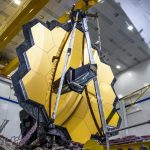
Delay is result of coronavirus pandemic and technical challenges as troubled project is set to cost £6.8bn
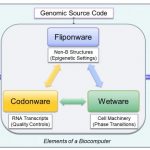
Dr. Herbert asks what if our genome was far smarter than everyone previously believed?
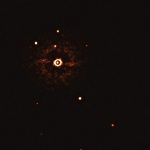
Astronomers using the SPHERE (Spectro-Polarimetric High-contrast Exoplanet Research) instrument on ESO’s Very Large Telescope (VLT) have discovered a second planetary-mass companion orbiting TYC 8998-760-1, a 16.7-million-year-old solar-type star previously known to host one giant planet. The researchers have also managed to directly image this multi-planet system.
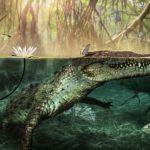
Features of a fossil from what’s now Libya tie the animal closely to its extant American kin

“Frankly, if it’s something outside this planet that might actually be better than the fact that we’ve seen some sort of technological leap from the Chinese or Russians.”
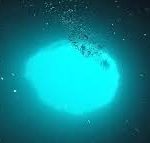
Blue holes are ecological hotspots and many of them have not yet been explored

Scientists working with the Russian sturgeon and American paddlefish have accidentally created a new hybrid species.
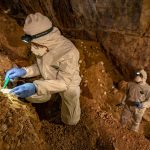
Three deliberately-shaped pieces of limestone — a pointed stone and two cutting flakes — may be the oldest human tools yet found in the Americas.
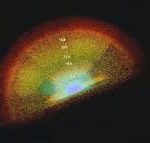
This is the result of a 20-year collaboration of several hundred scientists from around 30 different institutions around the world.

World was spotted by Nasa telescopes – but then disappeared, until now